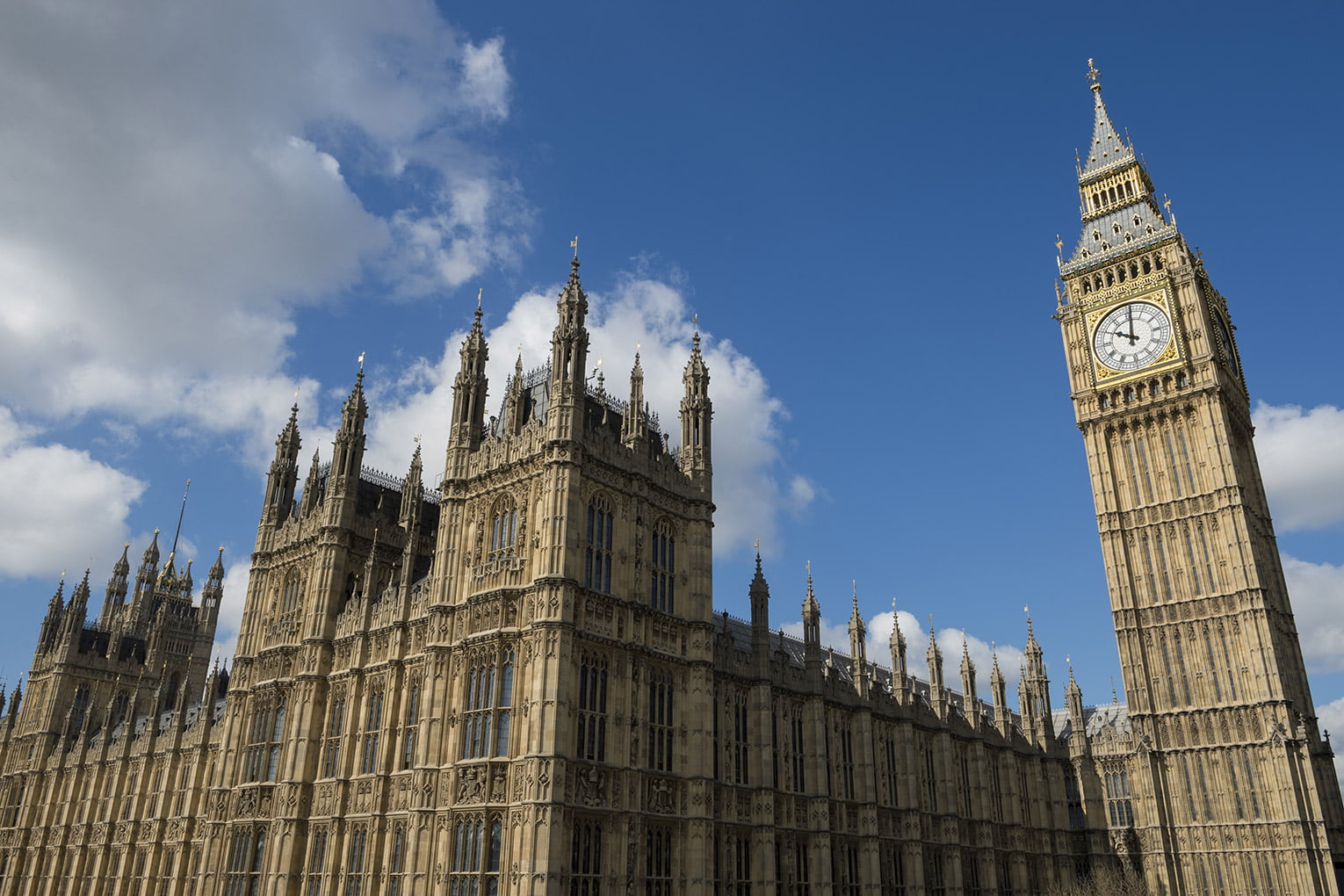The Financial Conduct Authority (FCA) is under fire following a damning Parliamentary report highlighting widespread dissatisfaction with its performance, culture, and transparency.
Stakeholders from various sectors have raised serious concerns about the regulator’s ability to fulfil its mandate effectively, particularly in protecting consumers.
The report was put together by the All Party Parliamentary Group (APPG) in investment fraud and fairer financial services, which took almost three years and spoke to 175 victims, former members of staff and whistleblowers.
CONSUMER PROTECTION FAILURES
The FCA’s consumer protection efforts are viewed as inadequate, with critics describing the regulator as slow to identify and respond to fraud and misconduct. Many accuse the FCA of being too passive in securing redress for victims and penalising wrongdoers. This perceived inaction has eroded confidence in its ability to safeguard consumer interests.
INTEGRITY UNDER QUESTION
Allegations about the FCA’s integrity have also surfaced, with claims that the regulator sometimes acts in bad faith. Small and medium-sized enterprises (SMEs), especially those affected by alleged bank misconduct, argue that the FCA is “captured” by large financial firms, prioritising their interests over accountability. Others accuse the FCA of lacking honesty and transparency in its decision-making, with some allegations supported by case-specific evidence.
WHISTLEBLOWER CONCERNS
The FCA’s treatment of whistleblowers has drawn sharp criticism. Individuals who reported industry misconduct described a regulator that neglects whistleblower intelligence and fails to protect those who come forward. In some cases, whistleblowers alleged active harm from the FCA, painting a troubling picture of how the regulator handles sensitive information.
INTERNAL CULTURE AND LEADERSHIP FAILURES
Former and current FCA employees described a deteriorating organizational culture, marked by frequent errors, a lack of accountability, and a hostile environment for dissent. Reports of bullying and discrimination against staff who challenge the status quo are widespread, with some alleging they were pushed out for speaking up.
TRANSPARENCY AND ACCOUNTABILITY DEFICIT
The FCA’s transparency and accountability mechanisms have been called into question by those who attempted to hold it to account. Critics describe a “cloak of opacity” around the regulator’s operations and an apparent lack of consequences for its failings. Addressing this deficit is seen as essential to rebuilding public trust.
TRANSFORMATION PROGRAMME DISMISSED AS INEFFECTIVE
The FCA’s much-touted Transformation Programme has been widely criticized as ineffective, with respondents expressing skepticism about its intentions. Many believe the initiative failed to address the core issues plaguing the organization, fueling cynicism about its commitment to meaningful change.
STRIKING CONSENSUS ON FAILINGS
The report notes a striking consistency across stakeholder testimony, suggesting a strong consensus on the FCA’s shortcomings. Victims of scams, whistleblowers, public body leaders, and FCA employees all pointed to similar issues: inaction, bias toward firms, mistreatment of whistleblowers, and a lack of transparency and accountability.
The findings represent a major reputational blow to the FCA, raising urgent questions about its ability to function as an effective and impartial regulator. Calls for sweeping reforms and stronger accountability measures are growing louder, as trust in the regulator continues to wane.
“[THE FCA] comes across as an opaque and unaccountable organisation, slow to act and even slower to admit it has got things wrong and to change”
In his introduction to the report, Bob Blackman CBE MP, co-chairman of the APPG, said: “Sad to say, the testimony received suggests that there are very significant shortcomings to the FCA.

“It comes across as an opaque and unaccountable organisation, slow to act and even slower to admit it has got things wrong and to change.
“The individuals who generously shared their experiences with us told tragic tales of regulatory failure causing enormous financial and emotional distress.
“Perhaps some of the most compelling evidence comes from current and former employees of the regulator itself, who depict its culture and leadership as profoundly defective.”





